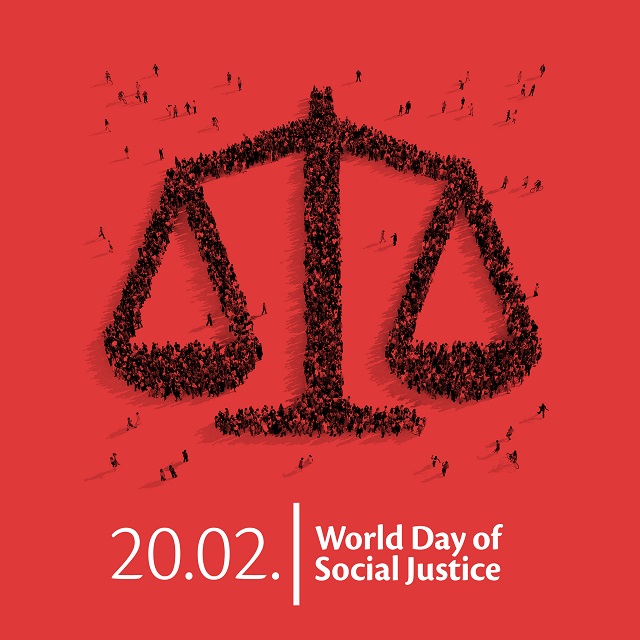On the occasion of World Day of Social Justice, Centre for Civic Education (CCE) reminds that fair society can exist only when all citizens have the necessary conditions to live a dignified life based on their work and equal opportunities to participate in social, economic, political and cultural life of their community, without the discrimination in doing so.
Yet another day of social justice passed by unnoticed in Montenegro. The poverty rate is continuously increasing, further aggravated by unemployment statistics, hence citizens see the economic conditions i.e. poverty as basic barrier in the protection and realisation of human rights, as well as the most frequent basis for discrimination. In a society where corruption, in its various forms, has become the pattern of behaviour, citizens who are poor are the ones who are most excluded, as well as deprived of much needed access to justice and social services.
According to most recent information, unemployment rate in Montenegro exceeds the figure of 50 000 persons, whereby one must take into account the fact that proportion of this problem is considerably higher compared to the official statistic. Average salary can barely cover the price of half of consumer basket, which is why a high number of citizens refrains from basic social and cultural needs on a monthly level in order to meet the existential. In a state which defines itself as one of social justice, the number of those employed without being registered reaches 40.000 workers, as well as 18.000 workers whom their employers only register for the half of their earnings. Thousands of workers are deprived of proper registration of years of service, they are left without social insurance, adequate protection at the work, condemned to work double-time, without any days off and holidays. In the dark of unregistered conditions, numerous instances of discrimination are left unreported, and one can only suspect the magnitude and severity of that issue, because the ones who dare and report are few, due to fear and lack of trust in institutions which are supposed to protect them.
Social justice is based on the application and respect of human rights principle in every aspect of life. However, countless citizens, who belong to vulnerable and marginalized social groups, are often deprived of that principle.
It is especially concerning the existing lack of serious discussion on the issues of social (in) justice. It would appear that this issue is basically not on the list of priorities of key decision-makers, neither of those who oppose them for that matter, except in the context of occasional rhetorics necessary for the collection of political points. Compensation for mothers with three or more children is an example of irresponsible political acting which only manipulated, discriminated and played out countless women, by the majority of position and opposition which originally initiated and passed the law which introduced this right. Institutions ignore the issue of poverty and social inequalities whose two rotors – extreme wealth of minority and extreme poverty of majority – crush the middle class, who makes the foundation of social prosperity and sustainability of democracy.
Simultaneously, those same institutions lack the power to combat corruption, crime, tax evasion, thus creating the system of unequal allocation of wealth, whereby the minority benefits the most, while the majority makes less necessary and gets further encumbered by ad hoc imposts aimed to made up for losses in the budget. Finally, we witness a lack of a serious academic and scientific debate and research on the issue of poverty and social stratification. Instead of educating the children on social issues and making those issues more comprehensible, our education system «pulls» the uniforms over social differences, in order to conceal them, thus affirming gender stereotypes.
World Day of Social Justice is marked on 20 February, after this decision was supported unanimously by 192 United Nations member states in 2007, recognising the need to unify the strength of international community in an attempt to eradicate poverty, increase employment, dignity of work, equal opportunities, access to welfare and justice for all men and women. Social justice is based on principles of respect, equality, respect of diversity, access to social care, as well as of principles of application of human rights in every aspect of life.
Petar Đukanović, programme coordinator

